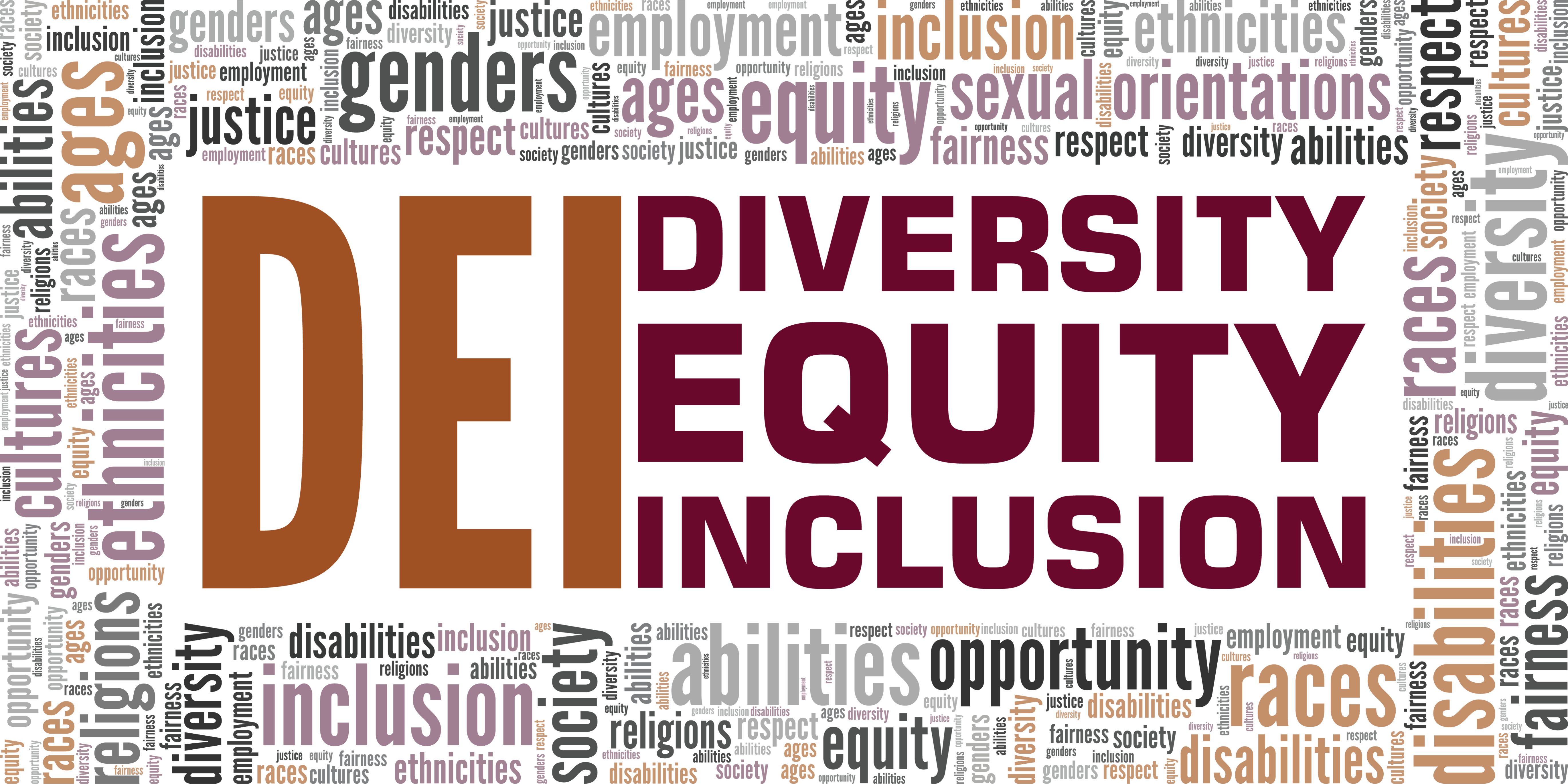Rarely are divorces a walk in the park for either party; beyond the emotional stress, couples are forced to deal with division of assets, custody and support. Choosing a divorce attorney who will advocate for you and represent you well is critical as you dissolve your relationship. But what if you’re a member of the LGBTQ community seeking counsel for a divorce? What are challenges you might face that are unique to same-sex unions? Read on to understand how an experienced LGBTQ divorce attorney is uniquely qualified to help you navigate your case.
Division of assets in an LGBTQ divorce
 If a heterosexual couple is dating, perhaps already cohabitating, and wants to get married, they have always had the freedom to do so. Cohabitation in a same-sex relationship, however, may have lasted a longer period of time, due to different state marriage laws up until the legalization of same-sex marriages in 2015. Whereas a heterosexual couple may have a few years of cohabitation, a same-sex couple may have decades, depending on when their relationship began in relation to same-sex marriage laws. In other words, although the commitment was there, the Courts typically only consider the time period for division of assets, alimony, etc., from the date of marriage. Is this fair? NO!
If a heterosexual couple is dating, perhaps already cohabitating, and wants to get married, they have always had the freedom to do so. Cohabitation in a same-sex relationship, however, may have lasted a longer period of time, due to different state marriage laws up until the legalization of same-sex marriages in 2015. Whereas a heterosexual couple may have a few years of cohabitation, a same-sex couple may have decades, depending on when their relationship began in relation to same-sex marriage laws. In other words, although the commitment was there, the Courts typically only consider the time period for division of assets, alimony, etc., from the date of marriage. Is this fair? NO!
During cohabitation, a couple accumulates assets and builds wealth together. During marriage, a couple continues to do so. But in a divorce, these assets have to be divided between both parties. Further, in an LGBTQ divorce, a judge will need to determine what the length of the marriage was – was it when it was legally recognized in the state in which you reside? What about a same-sex couple who was in a committed, monogamous relationship for 30 years, married for two, and then divorces? Will common law marriage be considered?
An LGBTQ divorce attorney understands the nuances of this challenge and will seek an equitable agreement for you to ensure you benefit from the time you spent together as a couple, despite when it was legally recognized.
Alimony in an LGBTQ divorce
Similar to the challenges of division of assets, determining alimony or spousal support can be tricky in a same-sex divorce. Alimony isn’t always guaranteed in a divorce, but is typically considered based on a variety of factors like:
- Length of marriage
- Income and contributions of each partner during the marriage
- Standard of living, reasonable need
- Net income and ability to pay alimony
- Medical benefits and insurance
When the length of marriage is in question or open to interpretation, it’s critical that your LGBTQ divorce attorney can make a strong case for you, whether you are the one seeking alimony or being requested to pay it.
Child custody and support in an LGBTQ divorce
While Pennsylvania didn’t legalize same-sex marriages until 2014, it did allow same-sex couples to adopt since 2002, even though they weren’t married. So for couples who adopted, they likely both have legal parental rights to the child. Yet, there are still biological rights and situations to consider when it comes to child custody matters in an LGBTQ divorce:
- Female same-sex couple – one partner is likely a biological parent
- Surrogacy or IVF – possibly one partner is a biological parent
- Children from a previous heterosexual marriage – one partner is a biological parent; the other partner may or may not have parental rights
Child custody in an LGBTQ divorce can be complicated. The non-biological parent (if applicable) should first have legally adopted the child, giving them parental rights to the child. If you don’t have parental rights to the child, your attorney will need to create a case to show your involvement and relationship with the child, i.e., in loco parentis, how you helped care for and raise the child.
The goal of child custody matters is to rule in the best interest of the child, as determined by these 16 factors in a PA court of law:
- Which party is more likely to encourage and permit frequent and continuing contact between the child and another party.
- The present and past abuse committed by a party or member of the party’s household, whether there is a continued risk of harm to the child or an abused party and which party can better provide adequate physical safeguards and supervision of the child.
- The information set forth in section 5329.1(a) (relating to consideration of child abuse and involvement with protective services).
- The parental duties performed by each party on behalf of the child.
- The need for stability and continuity in the child’s education, family life and community life.
- The availability of extended family.
- The child’s sibling relationships.
- The well-reasoned preference of the child, based on the child’s maturity and judgment.
- The attempts of a parent to turn the child against the other parent, except in cases of domestic violence where reasonable safety measures are necessary to protect the child from harm.
- Which party is more likely to maintain a loving, stable, consistent and nurturing relationship with the child adequate for the child’s emotional needs
- Which party is more likely to attend to the daily physical, emotional, developmental, educational and special needs of the child.
- The proximity of the residences of the parties.
- Each party’s availability to care for the child or ability to make appropriate child-care arrangements.
- The level of conflict between the parties and the willingness and ability of the parties to cooperate with one another. A party’s effort to protect a child from abuse by another party is not evidence of unwillingness or inability to cooperate with that party.
- The history of drug or alcohol abuse of a party or member of a party’s household.
- The mental and physical condition of a party or member of a party’s household
None of these is an outright issue in an LGBTQ divorce, but a judge may look at same-sex marriage and infer the best interest of the child based on a factor like the biological connection with a parent.
Custody rights and support obligations go hand-in-hand. Unlike alimony payments, child support is determined by support guidelines. It’s safe to assume if you are seeking child custody, you will have shared financial responsibilities as well.
An LGBTQ divorce attorney with knowledge of previous cases and your individual circumstances will build a strategy to best represent your interest in your child and their well-being, despite biological factors.
Navigating distrust of the legal system
Based on the LGBTQ community’s experience with the justice system, it’s no wonder that many people feel marginalized and leery of it.
When it comes to an LGBTQ divorce, either party may have concerns over bias, how a judge may treat them and how their attorney will represent them. A transgender individual may especially struggle with how their identity is perceived and how their personal transformation may impact them winning favor in the eyes of others.
Working with an experienced LGBTQ divorce attorney who is familiar with the judges and county in which you are seeking a divorce can create a strategy and help you navigate these challenges. Ultimately, because national same-sex marriage was just legalized a few years ago, there is not a lot of case law to really showcase some of the LGBTQ divorce struggles or help overcome some of these unique struggles within the community. Employing an LGBTQ-familiar divorce attorney, especially one who is a member of the LGBTQ community themselves, can at least ensure representation with empathy, understanding and compassion.
Please contact Mark B. Stanziola of FLB’s Family Law team if you are a member of the LGBTQIA+ community in need of divorce representation or any legal matter pertaining to family law.










